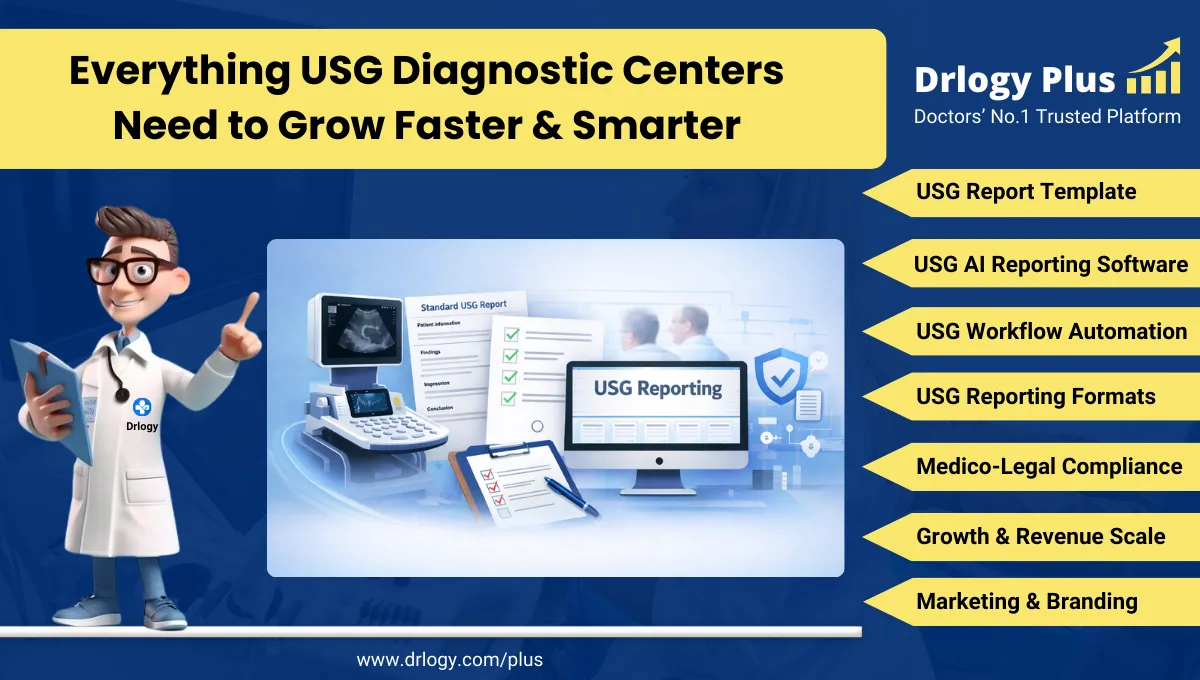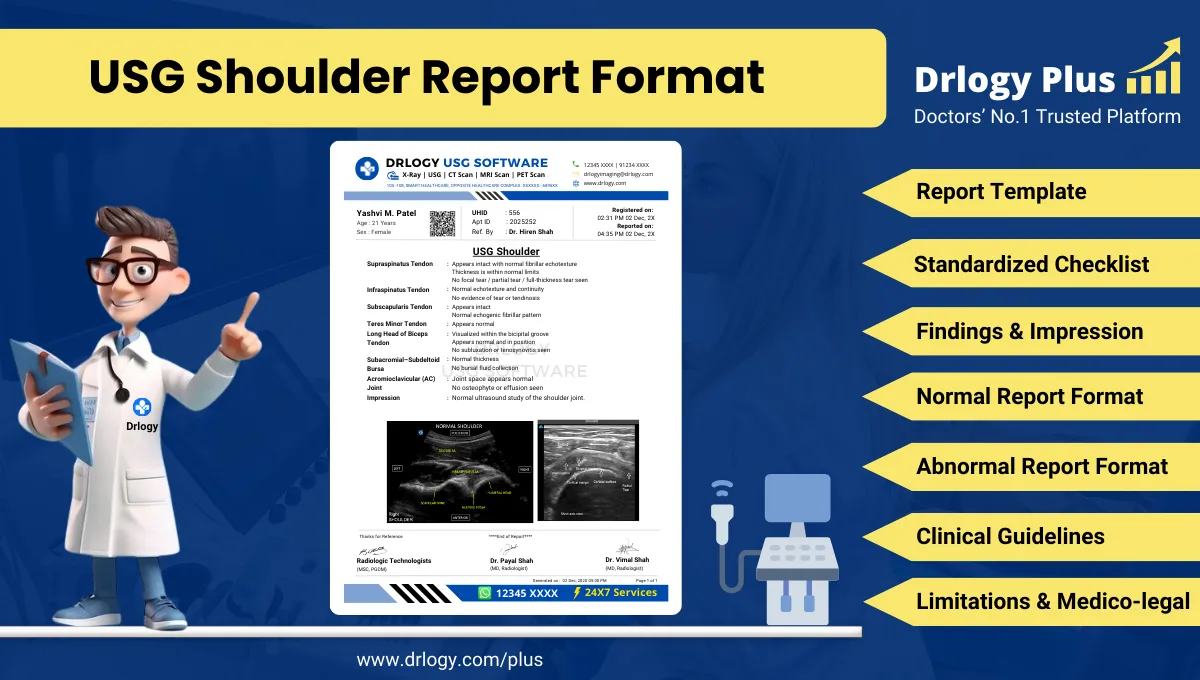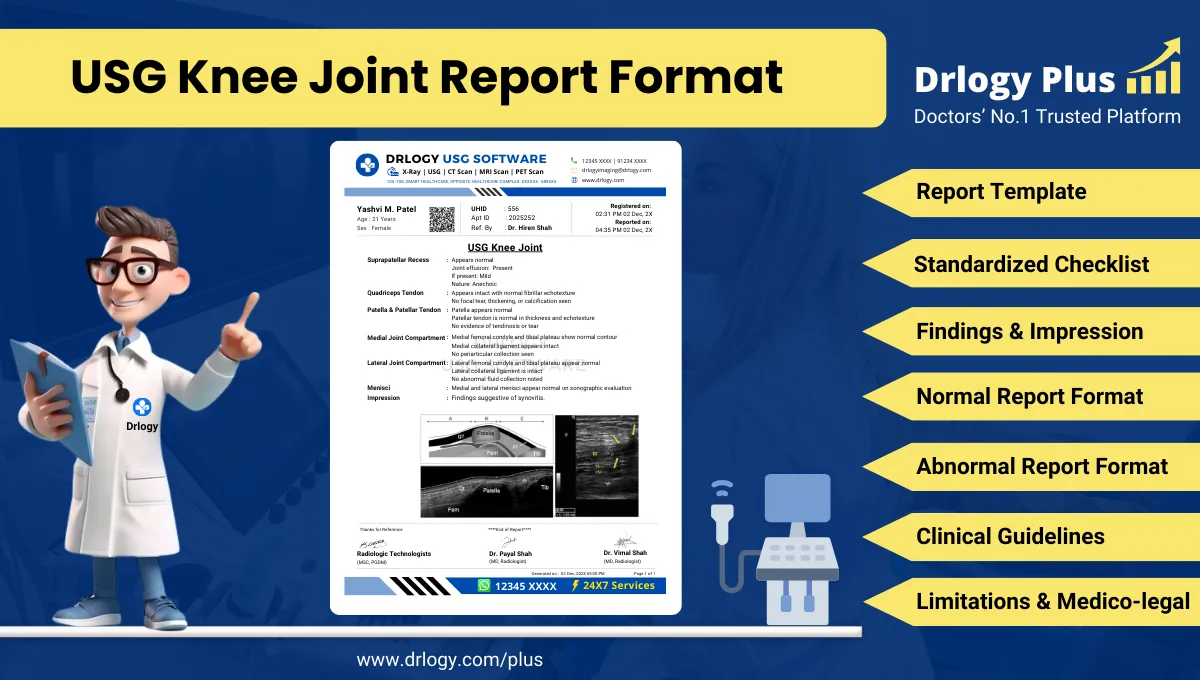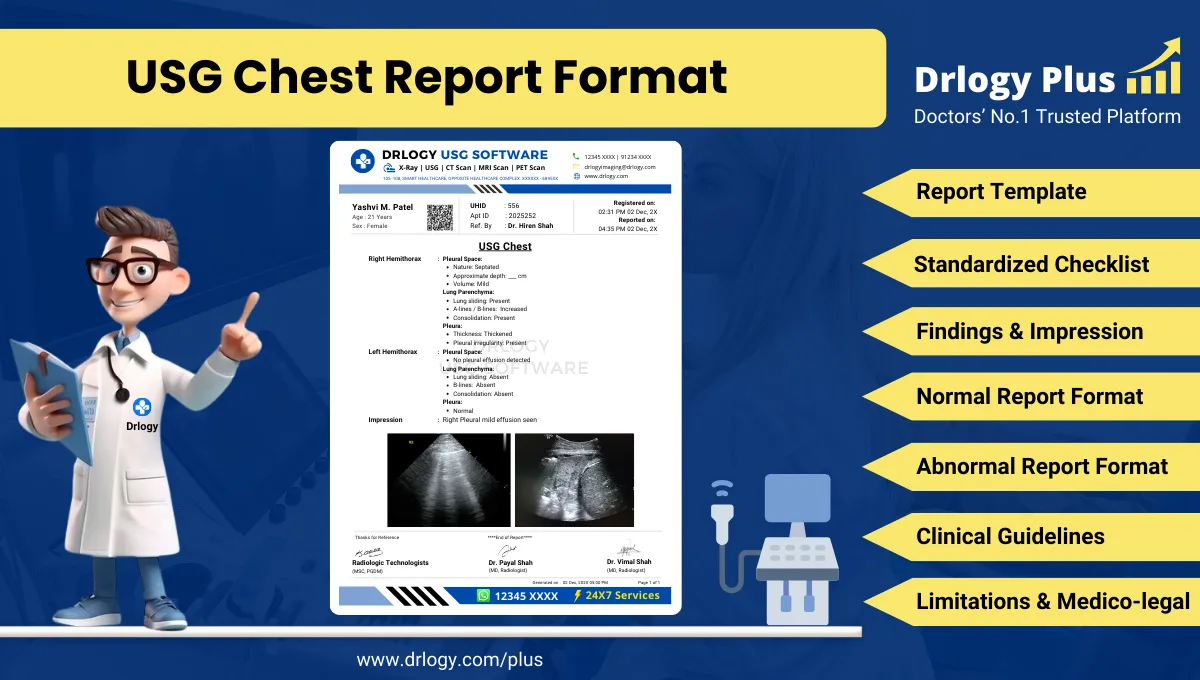

Drlogy
Healthcare organization
Why Patient Data Security Feature Must In EHR Software
Patient data security features in EHR software are vital for protecting sensitive health information from unauthorized access and breaches.
Check:
Best Hospital Management Software For Electronic Health Records (EHR)
These features ensure the confidentiality, integrity, and availability of patient data, fostering trust and compliance with regulations.
Check:
10 Best Patient Data Security Features for EHR Software
Check 10 Best Patient Data Security Features for EHR Software.
1. Multi-Factor Authentication (MFA)
- Requires multiple forms of verification (like a password and a code sent to your phone).
- Adds an extra layer of security to ensure only authorized users access your records.
- Protects your account even if your password is compromised.
- Reduces the risk of unauthorized access to your personal health information.
- Enhances overall security with a simple, user-friendly process.
2. Data Encryption
- Encrypts your data to make it unreadable to unauthorized users.
- Ensures that your personal health information is protected during transmission and storage.
- Uses advanced algorithms to keep your data safe from hackers.
- Provides peace of mind that your sensitive information is secure.
- Helps maintain confidentiality and privacy of your health records.
3.-Based Access Control (RBAC)
- Limits access to your health data based on users (e.g., doctors, nurses).
- Ensures that only those with a need to know can see your information.
- Protects your privacy by restricting access to sensitive data.
- Enhances security by providing customized access levels.
- Helps prevent data breaches and unauthorized access.
4. Regular Security Audits
- Conducts regular checks toentify and fix potential security issues.
- Ensures that the system remains secure and up-to-date.
- Helps detect vulnerabilities before they can be exploited.
- Enhances overall security and trust in the EHR system.
- Provides ongoing protection of your personal health information.
5. Secure Messaging
- Enables encrypted communication between you and your healthcare providers.
- Protects the content of messages from being read by unauthorized parties.
- Ensures that sensitive information shared via messaging remains confidential.
- Provides a secure way to discuss your health concerns and receive advice.
- Enhances the security of digital communication in healthcare.
6. Automatic Log-Off
- Logs you out of the system automatically after a period of inactivity.
- Prevents unauthorized access if you forget to log out.
- Enhances security by reducing the risk of someone else accessing your account.
- Provides an additional layer of protection for your personal health information.
- Helps maintain privacy and confidentiality.
7. Data Backup and Recovery
- Regularly backs up your health data to protect against data loss.
- Ensures that your information can be recovered in case of a system failure.
- Provides peace of mind that your records are safe and retrievable.
- Protects against accidental deletion or data corruption.
- Enhances reliability and trust in the EHR system.
8. User Activity Monitoring
- Tracks and records user activity within the EHR system.
- Helpsentify and respond to suspicious behavior.
- Ensures accountability by monitoring who accesses your records and when.
- Protects against unauthorized access and potential security breaches.
- Enhances the overall security and integrity of your health data.
9. Secure Mobile Access
- Provides secure access to your health records from mobile devices.
- Uses encryption and other security measures to protect mobile access.
- Ensures that your data remains safe when accessed on-the-go.
- Enhances convenience without compromising security.
- Provides a secure way to manage your health information from anywhere.
10. Patient Consent Management
- Allows you to control who can access your health records.
- Provides tools to give or withdraw consent for sharing your data.
- Enhances privacy by giving you control over your personal information.
- Ensures that your data is shared only with your permission.
- Empowers you to manage and protect your health information.
Drlogy EHR Software Features Guide
Here's full guide for 14 best EHR (Electronic Health Record) software features for hospitals:
| 1. Appointment | 8. Support |
| 2. Patient Portal | 9. Health Records |
| 3. ePrescribe | 10. Mobile App |
| 4. Reporting | 11. Data Security |
| 5. Patient Billing | 12. Staff |
| 6. Lab Results | 13. Followup |
| 7. Patient Education | 14. Medication |
Summary
Overall, Ensure robust patient data security features in EHR software to maintain confidentiality, integrity, and compliance with regulatory standards, safeguarding sensitive medical information.
Check Drlogy EHR Software Features Guide for efficient inpatient management and enhanced patient care for your clinics and hospitals for patient management.




